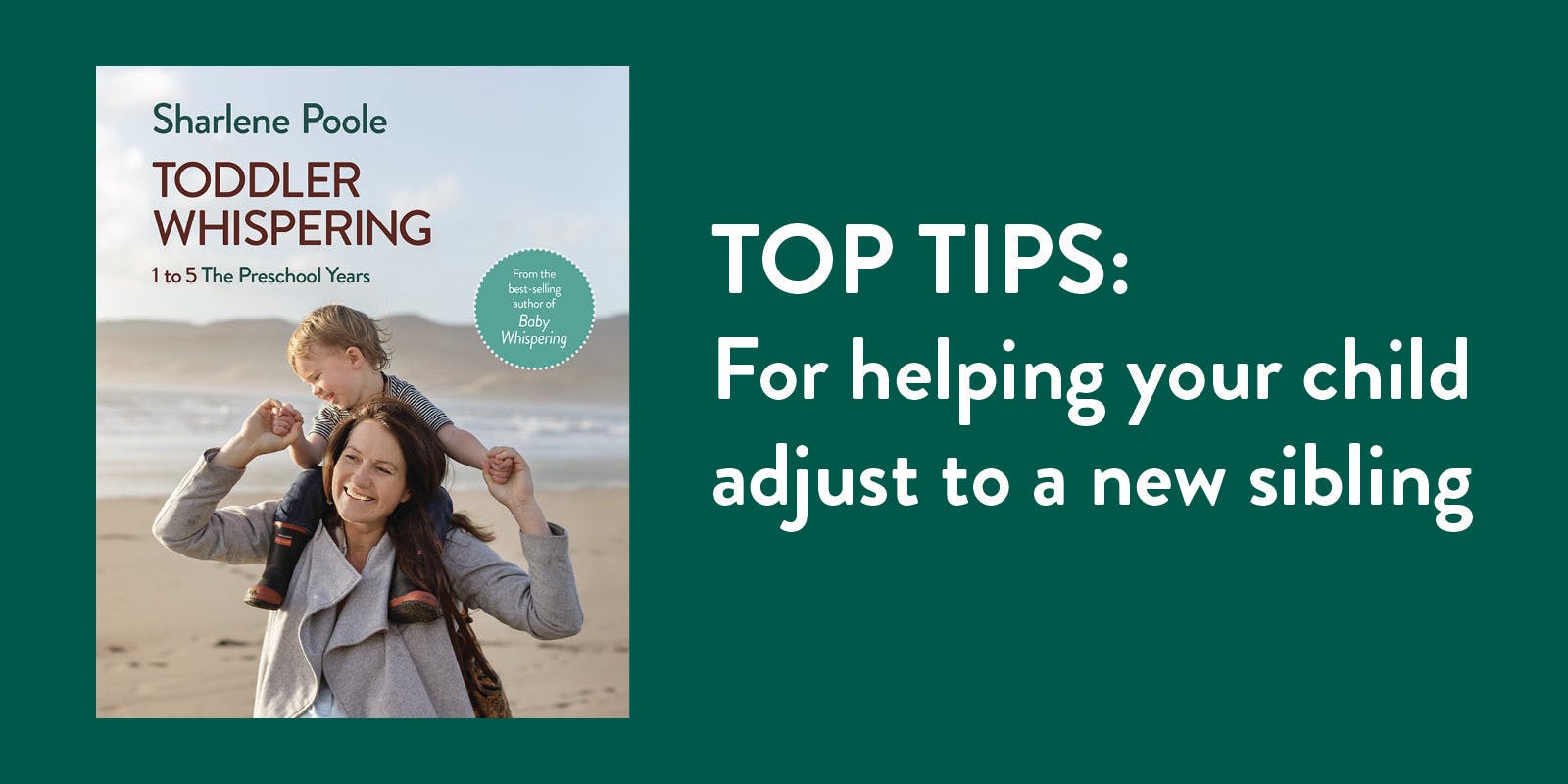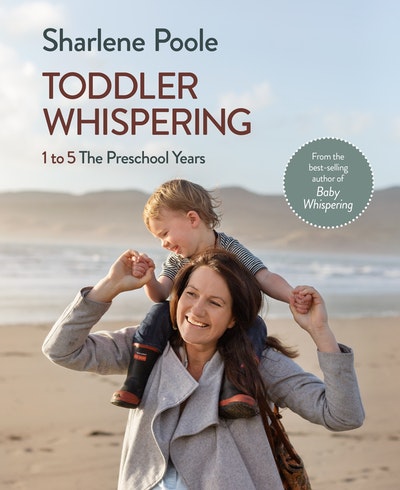The addition of another baby to your household is a big step. Over many years of working with families, Sharlene Poole has developed a few new habits and simple tips that will enable the new baby’s addition to the family to go a little more smoothly.
- Read and talk about the new baby coming into the family before your due date. Make your older child part of getting prepared (if age appropriate).
- Start looking at your time management and how you do things. Think about what needs to be different, to ease your work and stress load, imagining having two children to care for, not one. Be organised!
- Start being mindful about how you are responding and how quickly you attend to your first born’s needs. Do you react as soon as they need help, or do you verbally respond straight away but explain that you are finishing something off and will be with them soon? It can be helpful for them to be used to waiting when you are busy changing a nappy or feeding your newborn and cannot jump to their needs all the time.
- Before the baby is due, start making adjustments to your daily routine and habits, like mixing up bedtime rituals so that your first born is happy to be read to and put to bed by either parent. Cut back on a few daily outings or mix up the time of day that you go out, so that the usual ‘morning outing’ is sometimes in the afternoon and the morning is spent doing home-based activities. This is so that when the new baby arrives and you need to be at home a little more at the start, your first born is not bouncing off the walls because they are always stimulated outside of the home each morning.
- Create a ‘special box’ for when the baby arrives. In this box you have activities or new toys that your first born can play with independently or with limited need of your help. This is something you bring out during feed time or when settling your baby to sleep and you put away when they have moved on to something else, to keep it ‘special’. Each week or fortnight add or subtract things to keep the box fresh.
- Plan ahead. Set up an activity that will help to occupy your toddler before you know you are going to have to feed or settle your baby. Choose an activity that is not going to require your physical assistance, unless it is reading books sitting next to you on the sofa while you feed.
- Train sets, play dough, block building and outside play if you have shade to feed your baby under are simple activities they can enjoy independently.
- Communicate well, by explaining to your older child what is about to happen, giving them a little warning that you are about to feed or settle the baby.
- Distraction is a vital tool when caring for children of all ages. For many behaviours it is better for you to distract the child instead of telling them off or ignoring them.
- Include your older child in as much of your daily routine as you can. They love helping and being involved with things like nappy changing, bathing and cuddle time. Bath-time is a very special time, and I will often bath the new baby with their sibling from around six weeks of age, sometimes earlier if it works with your daily routines.
- Be careful not to say ‘no’ too much when an older child is exploring and investigating their new sister or brother. Use a lot of praise and a softer tone with your words during this process so that they feel special and grown-up instead of scared or upset by your reaction; for example, ‘Good boy, wow, you have such gentle hands’ (placing your hand over theirs if they are being a little rough).
- Look around your neighbourhood and see if there are any close neighbours or friends who you can ask for help in the early weeks. There may be young teenagers who want an after-school job or an older couple who would love to give you some time. We often forget that our community is filled with people who want to help but they need to be asked.













